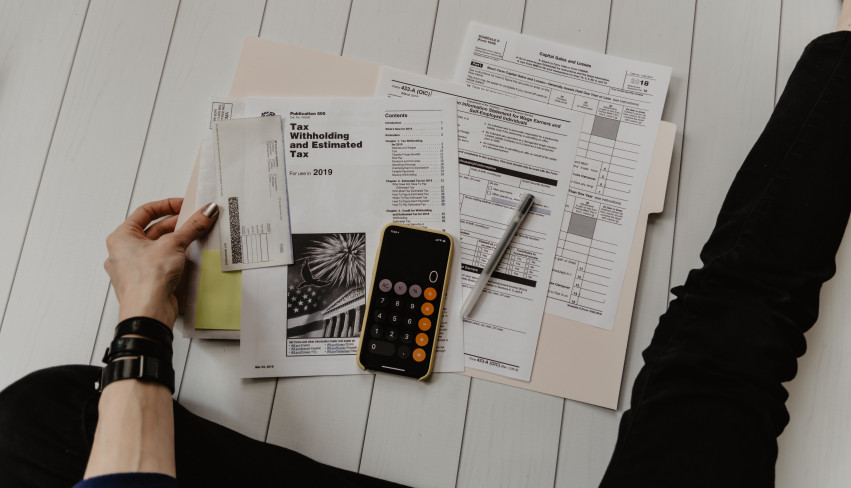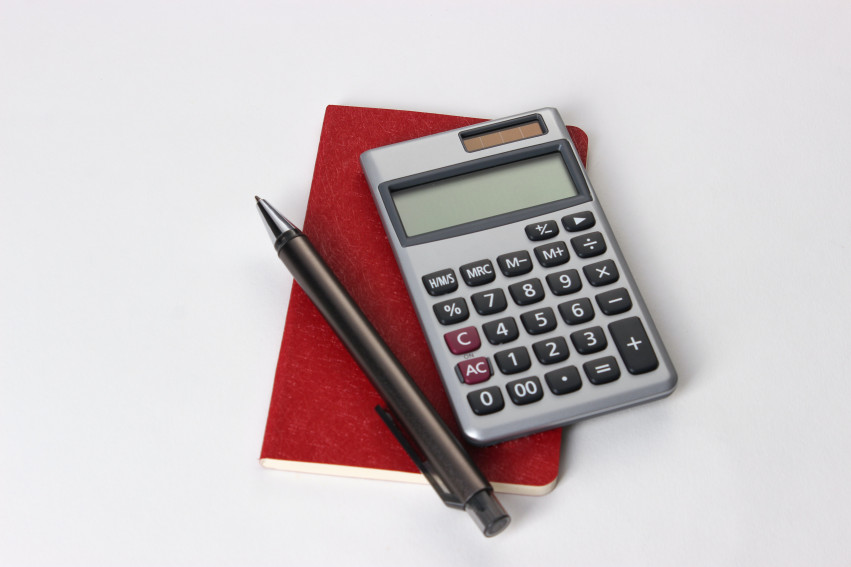Let’s Talk Money: The Biggest Financial Questions Sellers Have
Don’t get caught off-guard about common real estate expenses and financial terms.
When you’re thinking about the financial aspects of selling your home, it’s easy to focus on how much you can potentially get for your home (and how to maximize potential profit). After all, the real estate market is still extremely strong in most markets — and you may have even seen your neighbors get incredible offers on their properties.
However, offers and sales prices are just part of the financial picture. Real estate commissions and common expenses should be part of your “home math.” Additionally, there are a few financial terms that will pop up during the process (especially as you receive offers) that are worth understanding so you can make the best decision for your situation.
To help get you up to speed on what you can expect, here are answers to the questions sellers ask most:
How do real estate commissions work?
A great real estate agent makes the process of selling a home much less stressful. They maximize your property’s worth, handle the extensive paperwork involved in a transaction, negotiate on your behalf and act as your advocate. The commission isn’t just payment for these services, it covers the expenses and fees incurred to get the deal done, too.

The exact commission is set when you hire your real estate agent. This will usually be a percentage of your home’s sales price, but sometimes it can be a flat fee. Once your home sells, the commission is paid to your real estate agent.
Then, behind the scenes, it’s split in a few big ways:
Broker Fees: While your real estate agent will be working for you, the real estate agent works for a sponsoring broker (or a brokerage firm). The broker or brokerage gets a share of every commission their agents make in exchange for benefits like working for a big brand name, mentorship, networking opportunities, and access to the MLS. The split can be as much as 50/50 but will vary greatly.
Buyer’s Agent: Buyers don’t have to pay their agents directly. Instead, they are paid by sharing the commission of the seller’s agent. Like broker fees, the split can vary greatly.
Next, your real estate agent will pay the expenses involved in helping your house to sell. These are:
Photography: Great real estate agents shouldn't take photos with their phones. Instead, they hire a photographer they trust to show your home in the best light possible.
Video Tours: While video used to be considered a nice bonus to complement an online listing, they have become necessary in our post-2020 market landscape.
Online Marketing: It’s not just uploading your home’s photos to the MLS and calling it a day. Instead, real estate agents develop a strategy to give your home an impressive digital presence, including a dedicated page on their website, social media strategy, and content marketing (newsletters, online advertising, and other promotional efforts).
“In Real Life” Marketing: From brochures to flyers, open houses to outreach efforts, this is everything involved in attracting potential buyers to your home.
Business Expenses: Think office supplies, travel expenses, and other costs related to their work.
Referral Fees: Some agents offer payment to the person who brings a new client their way.
How does selling my home impact my taxes?
When you sell your home, the amount of money left after paying qualifying expenses and any remaining mortgage debt is potentially taxable as capital gains. The good news is that not all profit is subject to capital gains tax. In general, the first $250,000 of profit can be excluded if you are single (and $500,000 if you’re married filing jointly).

In order to qualify for this exclusion, certain conditions have to be met. The home has to be your principal residence (not an investment property) and you have had to live in it for two of the five years leading up to the sale.
If you’re in a position where your profit exceeds the exclusion amount, you will have to pay tax on the overage.
Also, any property taxes you’ve paid on your home can still be deducted, as long as it doesn’t exceed the $10,000 maximum amount for state and local taxes.
What expenses are tax-deductible when selling my home?
It’s important to note that expenses related to your home aren’t treated like the typical deductions on your income taxes. Instead, the benefit is a reduction in your capital gains tax. Anything you’re claiming as an expense gets subtracted from the sales price of your home.

In order for expenses to qualify, they have to tie directly to the sale of the home and aren’t something that affects the physical property itself. Things like advertising, appraisal fees, attorney fees, title search fees, and real estate broker’s commission qualify as expenses. Hiring painters or landscapers would not qualify.
However, some home improvements can give you a potential tax benefit. If you made a big improvement in your home (such as a kitchen renovation), you can add the cost to your home’s tax basis. For example, if you had purchased your home for $300,000, then made a $10,000 improvement, your basis would be $310,000. You would then subtract this amount from the sales price to determine the capital gain.
What is earnest money?
Once buyers come into the picture, you may hear the phrase “earnest money” come up.
.jpg?w=851)
Earnest money is an amount the buyer may include in their offer upfront to show they’re seriously interested in your home. Earnest money is negotiable, but typically 1-3% of the purchase price. If you accept the buyer’s offer, the earnest money is held in an escrow account until the sale is finalized per the language in the purchase contract. Earnest money makes it harder for the buyer to back out, offering some protection for sellers worried about the idea of having to potentially re-list their property.
If everything goes smoothly, the earnest money is yours. (The amount is credited to the down payment or the closing costs of the buyer.) However, if something goes wrong — your home fails inspection or there’s a contingency met outlined in the purchase contract — the money is refunded to the buyer.
Why is the assessed value different from the market value?
Let's start by defining both numbers: the market value of your home is typically the price that your real estate agent proposes that the home be put on the market with. The assessed value of your home is used for tax purposes and typically depends on local municipalities.
.jpg?w=851)
It's not unusual for the assessed value to be lower than the market value. It is typically based on several factors, including improvements made to the home, any income being made from the home, and more. When the assessment of your home is done, that informs how much you'll pay in property taxes.
The market value of a home, on the other hand, is essentially how much it would sell for today based on current market trends. This price is set based on several factors, including location, outside and inside conditions. Your real estate will also consider homes that have recently sold in the area to understand the market in your specific neighborhood. They'll also consider improvements that you've made to the property, but the market value focuses greatly on what potential buyers are looking for.




